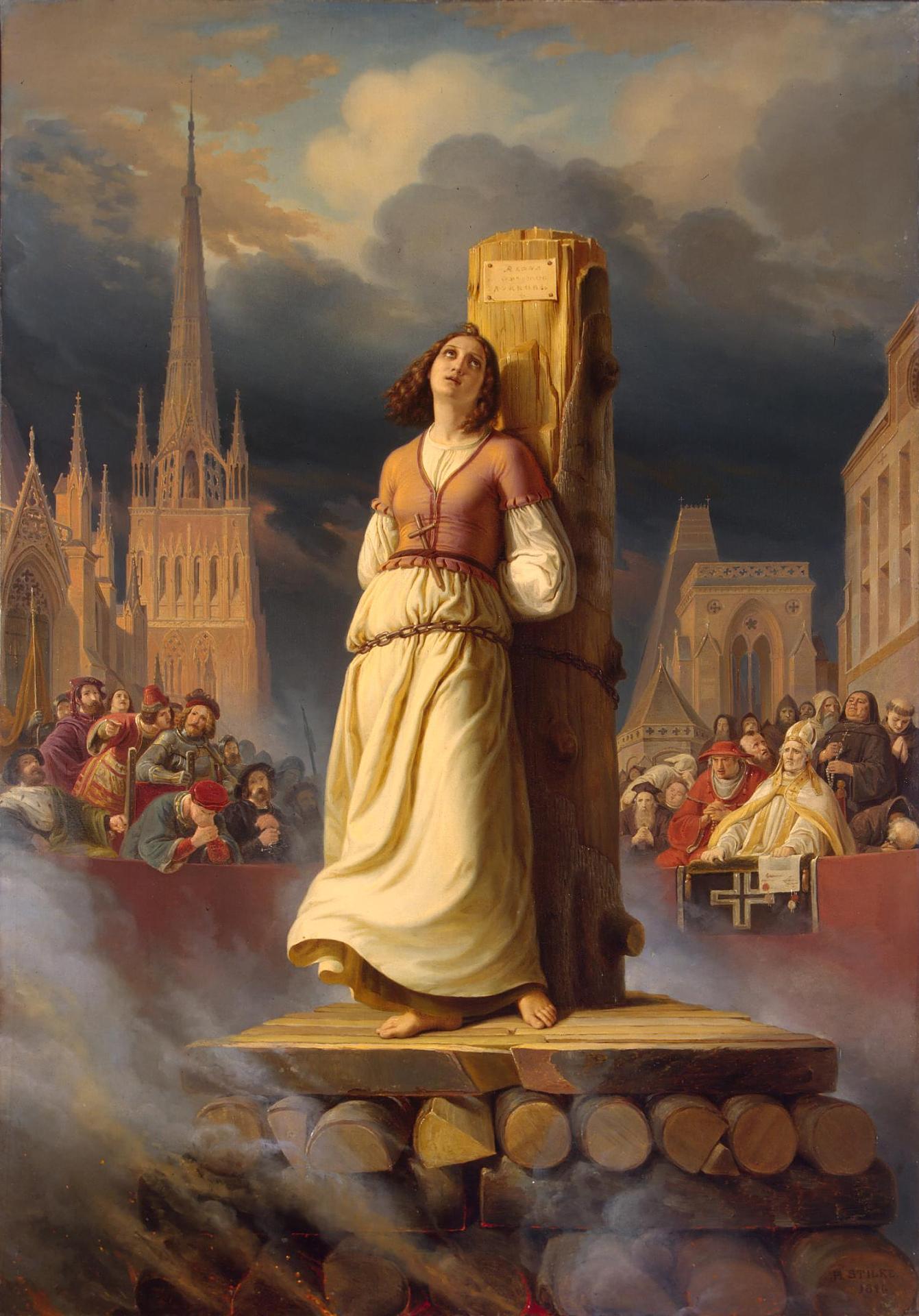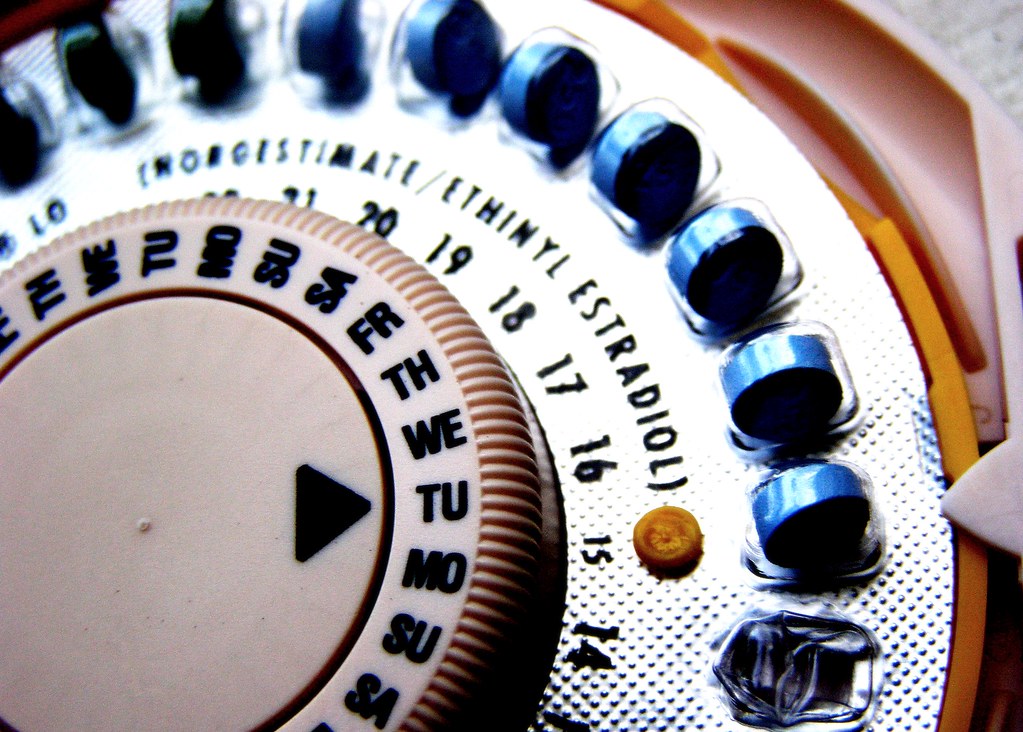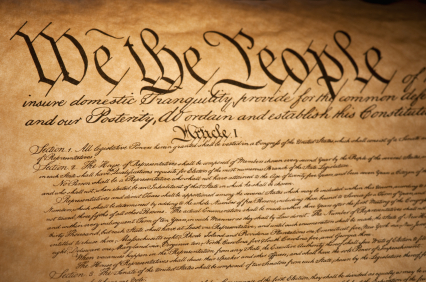The girl finished her story and
waited, head bowed and trembling hands clasped in front of her.
“Very good, my dear,” the second
examiner said. “Your testimony is accepted with our thanks, and the thanks of
Holy Mother Church.” There was no need to even pretend at a cross examination. The
girl scuttled back into the crowd without so much as a glance towards Isabel.
“Bring out the next witness…”
Isabel stood as witness after witness
was paraded through to give testimony to her supposed sins. A few more were her
own parishioners. Men and women who had come to her seeking guidance, prayer,
and compassion were now turning on her as if she were a stranger they cared
nothing for. Several fellow priests also testified, claiming to have suspected
her all along when Isabel knew none of them had ever had a clue as to her true
sex. They’d called themselves her friends. Her companions.
Now she could see them for what they
truly were. Liars and cowards.
None of the witnesses’ words truly
mattered that much, however. The first girl’s story had been more than enough
to justify a conviction. The rest were just for show. A way to humiliate her
and isolate her before she was marched to the pyre.
When the last witness had finished
his statement and been dismissed, Isabel’s three examiners gazed at her with looks
of triumphant self-righteousness.
“I believe we have plenty to make a
final judgement,” the third judge declared. His tone was neither outraged nor
exultant. He spoke as if stating a simple fact. As if he were announcing that
the sky was blue, and not signaling the start of her official condemnation.
They’d passed judgement on her long
before that moment. It was merely to maintain the pretense that their justice
was fair that a trial had been held for her at all.
The first of her condemners nodded
in agreement with the third.
“We are all three in accord then?”
The fact that they didn’t even take
time to confer was proof Isabel had never stood a chance before them. Anger and
frustration sizzled in her blood, but she forced a deep breath, biting back a
moan as it rattled her nearly broken body.
She must remember that no matter
their sentence…no matter her fate…God was with her. God had always been with
her. They could hurt her, condemn her with earthly punishments, but her
ultimate reward would be worth any pain she endured. She was right. Her path
was good and true, and they were simply wrong.
“Do you have anything you wish to
say before your sentence is laid before you?” the second judge asked, his face
a mask of false kindness while his eyes glittered with malice.
She did have something to say. She
had many things to say, in truth, but so few of them actually mattered in that
moment. Knowing nothing she said would lessen the severity of the punishment
she must face, she settled simply for the truth. The truth she knew, deep down
in her heart.
“I have broken the laws of man, and
so it is man that punishes me. But I have done the will of God, and so God
shall reward me just as surely as He shall condemn each of you.”
Their individual looks of rage were
oddly satisfying, which she knew was spiteful of her. She thought that perhaps
God would allow her that one sin, though, in the face of what was to come.
“Isabel Andreu,” the first examiner
spat. Literal spittle ran down his chin, he was so infuriated. “This tribunal
finds you guilty of all the crimes to which you are accused, foremost being
that of heresy against our Holy Mother Church…”
I am
no heretic. But you will never admit to it. None of you will.
“You refuse to repent of your sins.
You refuse to acknowledge your transgressions against God and His Holy Church,
and so we have no choice but to deliver upon you the most grievous of
punishments…”
I
will walk in the light of the Lord. I have done what has been asked of me to
the best of my ability. My reward will be worth your punishment.
“We sentence you to death…”
In
dying he destroyed our death…
“We sentence you to burn.”
In
rising, he restored our life.
“May God have mercy on your soul.”
I am
the Lord’s vessel. My soul is His to do with as He wishes.
…
She had to be taken to her execution
in the back of a cart. After her trial, it no longer mattered if she could
stand on her own. She’d be supported by the pole around which the fire
would be built.
“Heretic! Heretic!”
The crowds had returned. This time, their cries were fevered with bloodlust. For the common people, executions
could be so exciting, a breakup of their regular, often harsh lives.
They could be as entertaining for
the people as a festival, especially when they weren’t the ones about to die.
Isabel barely registered their
cries, however. She floated in that strange haze that existed between
consciousness and oblivion. They’d tried again to break her, and by all
accounts she had been broken. Her body was no better than a sack of loose
bones. She should feel pain, but she only felt numb. The numbness was a
blessing, she supposed.
Yes, they’d broken her body…but
they’d never broken her spirit.
As she rattled down the cobblestone
streets, jolted this way and that like a rag doll, she found herself oddly at
peace. Even as the crowd began to pelt her cart with stones and rotten
vegetables, her soul was untroubled. She was going home, she realized. She was
going back to God. Why should she grieve at the prospect of such joy?
The cart came to a lurching stop
that tipped her fully onto her side. Still, there was no pain. No sensation of
any kind. Perhaps it was God’s own mercy, alleviating her agony in her final
moments.
 Two guards pulled her from the back
of the cart. Her feet dragged uselessly behind her as they carried her to the
large wooden pole that would serve as her vehicle into the next life. Neatly
piled bundles of wood surrounded its base. It appeared someone had taken great
care in their arrangement. That thought made her want to smile.
Two guards pulled her from the back
of the cart. Her feet dragged uselessly behind her as they carried her to the
large wooden pole that would serve as her vehicle into the next life. Neatly
piled bundles of wood surrounded its base. It appeared someone had taken great
care in their arrangement. That thought made her want to smile.
They tied her to the pole, tight enough
that she wouldn’t slouch. Her legs offered her no support, so she was bound
from ankle to neck. Even with her death imminent, that sense of peace remained.
Blinking, she tried to clear her
blurred vision enough to see out into the crowd. They were many faces she
recognized. Members of her parish, their expressions ones of disgust, rage, and
relief. That last was no doubt because it was she who was tied to a pole and
surrounded by bundles of wood, and not themselves.
Yet, there were others. Eyes wet
with unshed tears. Faces filled with sorrow. Faces she’d gazed upon not so long
ago from the pulpit as she’d preached God’s Word.
She would be grieved, then. It was
a comfort to know…though she found she needed little comfort.
Her executioner asked her for
forgiveness.
She gave it, readily.
He took a burning torch in his hand
and touched it to the bundles at her feet.
Isabel closed her eyes, but not in
fear. The heat of the fire caressed her face as it caught and grew around her. It
reminded her of the Holy Spirit, manifested as flame as it descended on Christ’s
disciples at the Pentecost. It was not the fires of Hell that surrounded her,
devouring her flesh as a mob of her Christian brothers and sisters gazed on. It
was a holy fire. A baptism. She was being reborn.
She felt no pain.
She felt no regret.
In the end, the blaze of her
destruction faded away into the brilliant light of her salvation.
She’d done God’s will…and God was
welcoming her home.
The End







